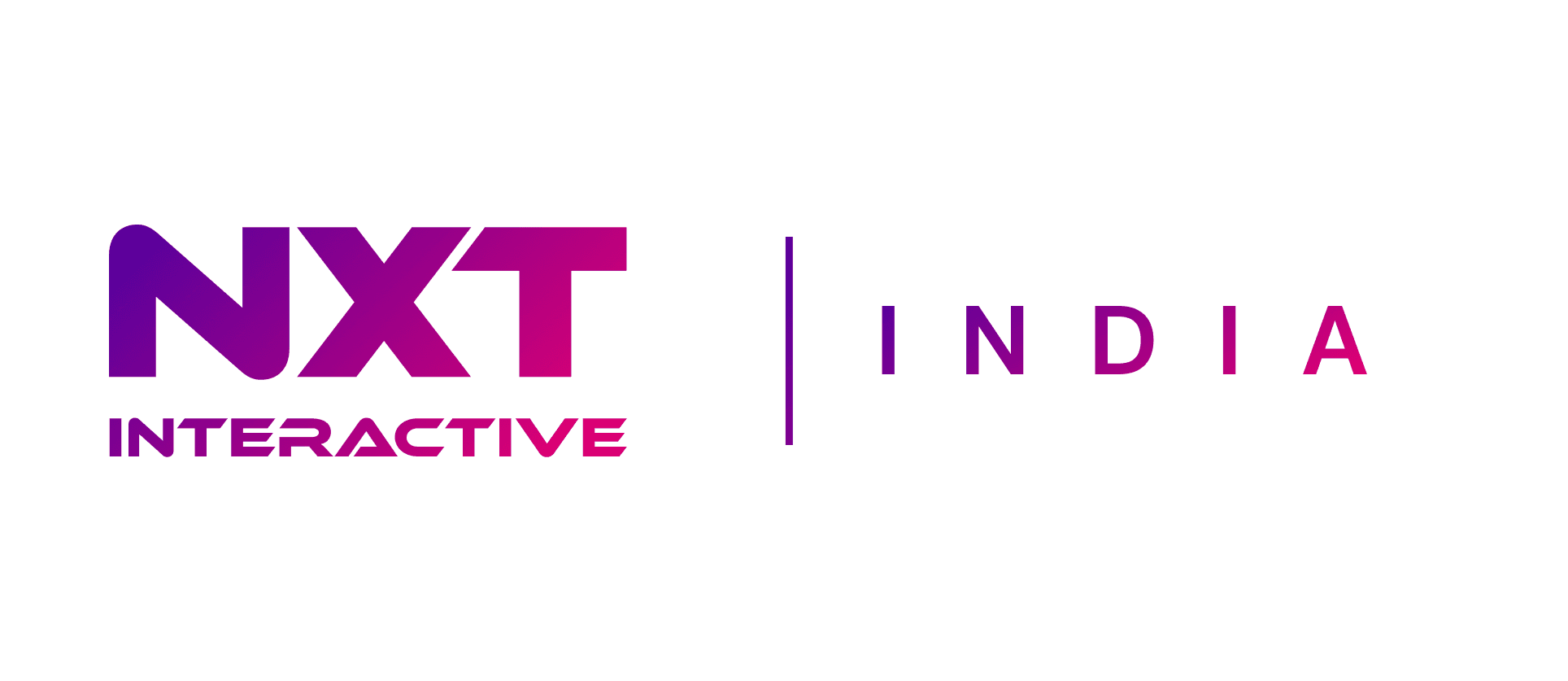Dec 11, 2023
Introduction
As the Metaverse becomes an integral part of our digital landscape, human resources (HR) professionals in Singapore are at the forefront of a transformative journey in employee onboarding and training. In this article, we'll delve into the innovative ways the Metaverse is reshaping HR practices, focusing on Singapore's dynamic business environment.
The Rise of the Metaverse in Singapore
Singapore's reputation as a global technology hub is further solidified as businesses actively explore and integrate Metaverse technologies into their operations. In the HR domain, this shift is most pronounced in employee onboarding and training, where immersive virtual experiences offer unprecedented opportunities for engagement and skill development.
Enhanced Onboarding Experiences
Traditionally, employee onboarding involves a mix of paperwork, orientations, and physical workplace tours. The Metaverse, however, opens up a new dimension by providing virtual environments that replicate physical spaces. New hires can explore digital offices, interact with virtual colleagues, and get acclimated to the company culture in an immersive manner.
In Singapore, forward-thinking companies are leveraging VR technologies to create engaging onboarding experiences. Virtual onboarding not only overcomes geographical barriers but also fosters a sense of community among employees, despite being physically apart. HR professionals play a pivotal role in designing and implementing these experiences to ensure a smooth transition for new team members.
Immersive Training Modules
Employee training in the Metaverse transcends traditional methods, offering a more interactive and personalized approach. Singaporean companies are adopting VR-based training modules that allow employees to learn and practice skills in realistic virtual environments. This is particularly valuable in industries where hands-on experience is crucial, such as healthcare, manufacturing, and engineering.
HR departments are actively collaborating with VR developers to create simulations that replicate real-world scenarios. These simulations enable employees to hone their skills in a risk-free environment, ultimately boosting confidence and competence. The result is a workforce that is not only well-trained but also adaptable to rapidly evolving industry landscapes.
Cultural Competence in Virtual Spaces
Singapore's multicultural workforce is a hallmark of its business landscape, and HR professionals are tasked with ensuring cultural competence extends into the Metaverse. Virtual onboarding and training initiatives must be designed with cultural sensitivity in mind, acknowledging the diverse backgrounds of employees.
HR teams are incorporating cultural awareness modules into the virtual training curriculum, promoting understanding and inclusivity. Virtual team-building activities, cross-cultural simulations, and diversity training in the Metaverse contribute to a more cohesive and harmonious work environment.
Addressing Challenges and Ensuring Success
While the Metaverse presents exciting possibilities for HR in Singapore, it is not without challenges. Privacy concerns, data security, and the need for equitable access to technology are important considerations. HR professionals must work in tandem with IT departments to implement robust cybersecurity measures and ensure a seamless user experience for all employees.
Conclusion

The Metaverse is not just a technological buzzword; it's a transformative force that is reshaping HR practices in Singapore. As employee onboarding and training embrace virtual reality, HR professionals are at the forefront of this revolution, driving innovation and fostering a culture of continuous learning. By leveraging the opportunities presented by the Metaverse, HR departments can play a pivotal role in shaping the future of work in Singapore, creating a workforce that is not only technically proficient but also culturally aware and resilient in the face of change.





